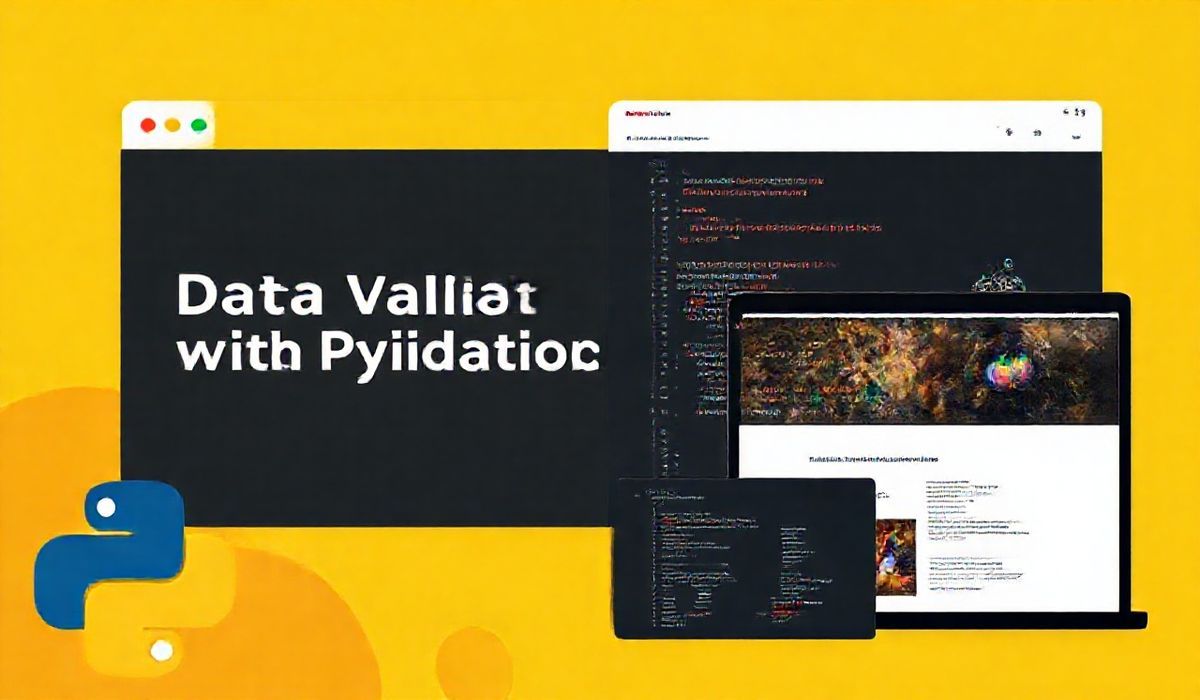Using Typing-Extensions to Elevate Python Typing
In modern Python development, typing-extensions has become indispensable for projects that rely on type hints. This library provides access to advanced type hinting features not present in earlier versions of Python’s typing module, making it crucial for maintaining backward compatibility while using cutting-edge features. Whether you’re looking to enrich your application’s type system or support older Python versions, typing-extensions offers a suite of tools to help.
Must-Know APIs from Typing-Extensions
Below, we explore dozens of essential APIs provided by typing-extensions, complete with code examples for each.
1. Literal
Define variables constrained to specific literal values.
from typing_extensions import Literal
def get_status(status: Literal["success", "error", "pending"]) -> str:
return f"Status: {status}"
print(get_status("success")) # Outputs: Status: success
2. TypedDict
Create dictionaries with predefined key-value types.
from typing_extensions import TypedDict
class User(TypedDict):
id: int
name: str
user: User = {"id": 1, "name": "Alice"}
print(user["name"]) # Outputs: Alice
3. Final
Mark variables or methods as immutable or non-overridable.
from typing_extensions import Final API_KEY: Final = "1234-SECRET" # API_KEY = "Another-Key" # This would result in a type-checking error
4. Protocol
Enable structural subtyping with Protocols.
from typing_extensions import Protocol
class Runner(Protocol):
def run(self) -> str:
...
class Athlete:
def run(self) -> str:
return "Running fast!"
def start_running(runner: Runner) -> str:
return runner.run()
print(start_running(Athlete())) # Outputs: Running fast!
5. Annotated
Attach metadata to types for runtime or tooling purposes.
from typing_extensions import Annotated
def process_data(data: Annotated[int, "Must be a positive integer"]) -> int:
return data * 2
print(process_data(5)) # Outputs: 10
6. @overload
Define multiple signatures for a single function.
from typing_extensions import overload
@overload
def greet(name: str) -> str: ...
@overload
def greet(times: int) -> str: ...
def greet(arg):
if isinstance(arg, str):
return f"Hello, {arg}!"
elif isinstance(arg, int):
return "Hello! " * arg
print(greet("Alice")) # Outputs: Hello, Alice!
print(greet(3)) # Outputs: Hello! Hello! Hello!
7. Self
Help indicate methods that return the instance itself.
from typing_extensions import Self
class FluentBuilder:
def __init__(self):
self.data = {}
def add_field(self, key: str, value: str) -> Self:
self.data[key] = value
return self
def build(self) -> dict:
return self.data
builder = FluentBuilder().add_field("name", "Alice").add_field("age", "30")
print(builder.build()) # Outputs: {'name': 'Alice', 'age': '30'}
Real-World Application Example
Let’s implement a simplified CLI application that uses several of these APIs.
from typing_extensions import Literal, TypedDict, Annotated
class Command(TypedDict):
name: str
args: list[str]
def execute_command(command: Command) -> Literal["success", "error"]:
if command["name"] == "greet":
print(f"Hello, {' '.join(command['args'])}!")
return "success"
else:
print("Unknown command")
return "error"
def main():
greeting_command: Annotated[Command, "A greeting command structure"] = {
"name": "greet",
"args": ["Alice"]
}
status = execute_command(greeting_command)
print(f"Command executed with status: {status}")
if __name__ == "__main__":
main()
This example demonstrates a basic CLI that processes commands with predefined typing structures, ensuring type safety and clarity.
Conclusion
The typing-extensions library is an invaluable asset for Python developers looking to leverage advanced typing features while ensuring backward compatibility. By incorporating the tools provided by this library into your projects, you can write cleaner, more maintainable, and type-safe code. Try it in your next project!




